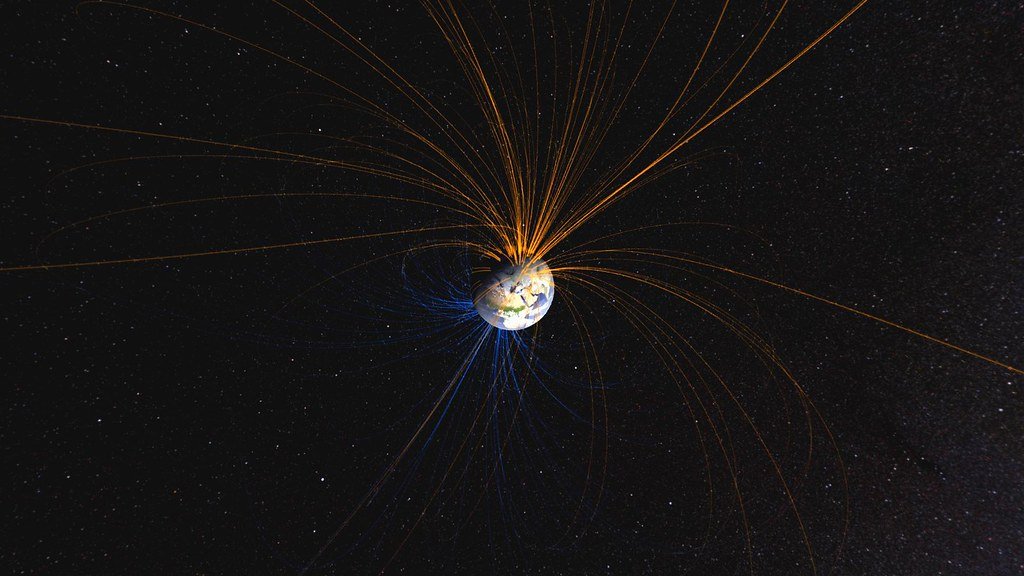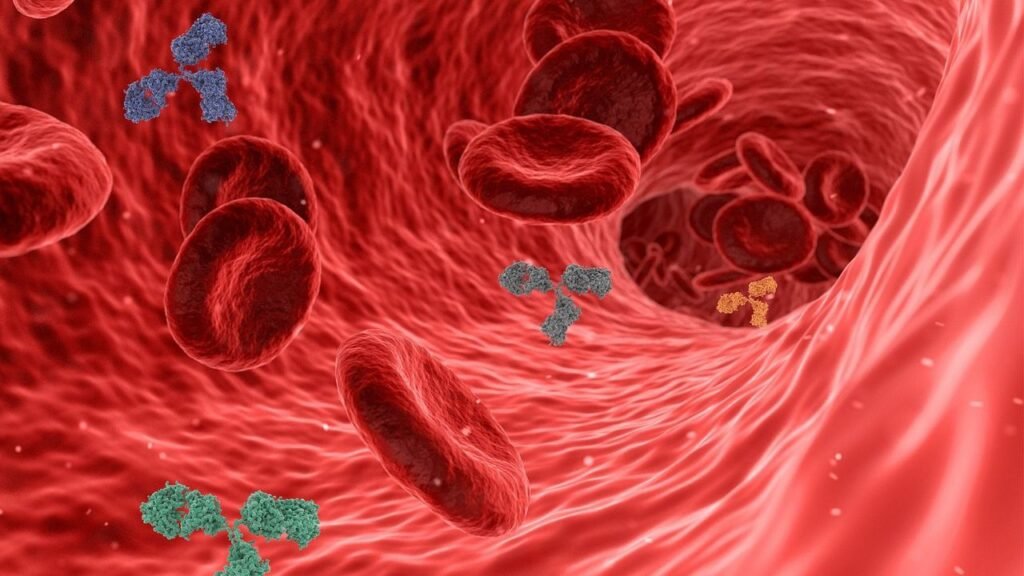Kiwis, the small, flightless birds native to New Zealand, are more than just an iconic national symbol; they are crucial players in the ecosystem’s health. Often overshadowed by larger species, these nocturnal creatures contribute significantly to maintaining environmental balance. Their presence in the ecosystem is akin to the tiny cogs in a well-oiled machine, each playing its part to keep the system running smoothly. For those who delve into the wonders of nature, understanding the role of kiwis is akin to uncovering a hidden gem in the vast tapestry of ecological interactions.
Guardians of the Understory
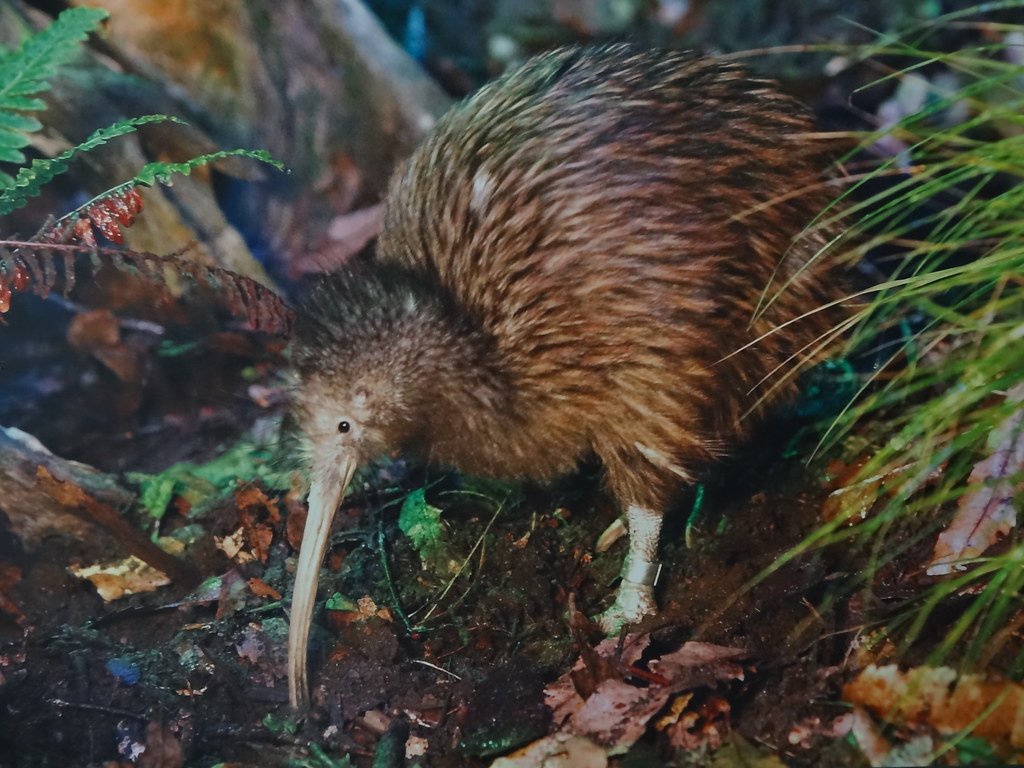
Kiwis are nature’s gardeners, diligently working to maintain the health of the forest floor. Their long beaks act like miniature shovels, digging through leaf litter and soil in search of insects and worms. This foraging behavior aerates the soil, much like a gardener turning the earth to allow plants to breathe. By doing so, kiwis improve nutrient cycling, ensuring that plants have the necessary resources to thrive. The constant movement of kiwis through the underbrush also helps in seed dispersal, aiding in the propagation of native flora.
Insect Population Control
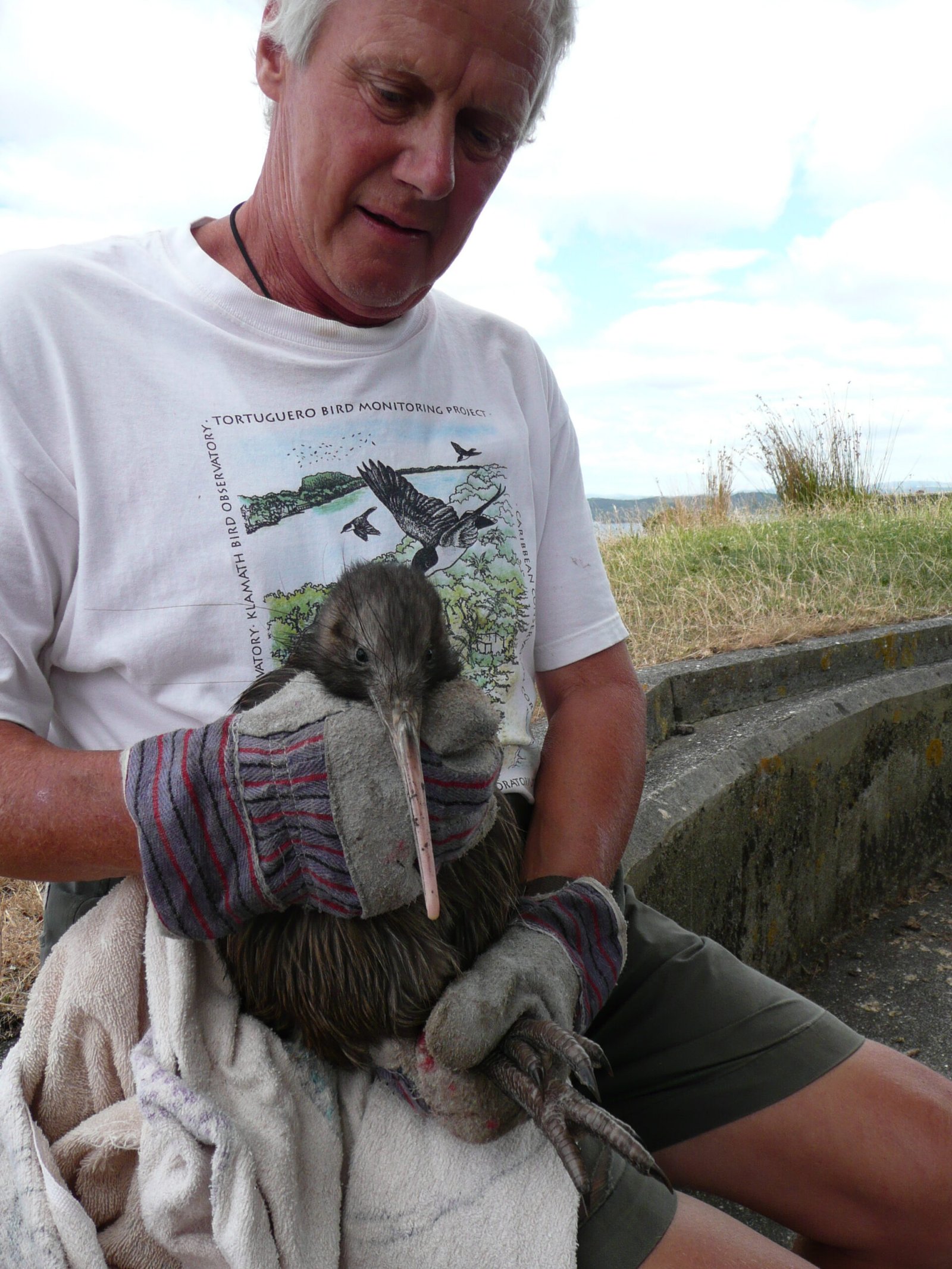
In their quest for food, kiwis consume a variety of insects, playing a vital role in controlling pest populations. Without natural predators like kiwis, certain insect species could proliferate unchecked, potentially leading to overpopulation and harm to plant life. Kiwis help maintain a delicate balance, ensuring that no single species dominates the ecosystem. Their diet includes beetles, grubs, and larvae, all of which are kept in check by the kiwi’s ever-hungry appetite. This natural pest control service is invaluable in maintaining the health and diversity of forest ecosystems.
Indicators of Environmental Health

The health of kiwi populations is a strong indicator of the overall health of their habitat. Like canaries in a coal mine, kiwis reflect changes in the environment, signaling potential issues before they become irreversible. A decline in kiwi numbers can indicate problems such as habitat destruction, pollution, or the introduction of invasive species. Conservationists monitor kiwi populations closely, using them as a barometer to assess the impact of human activities on natural landscapes. Protecting kiwis is not only essential for their survival but also for the well-being of the entire ecosystem they inhabit.
Unique Reproductive Strategies
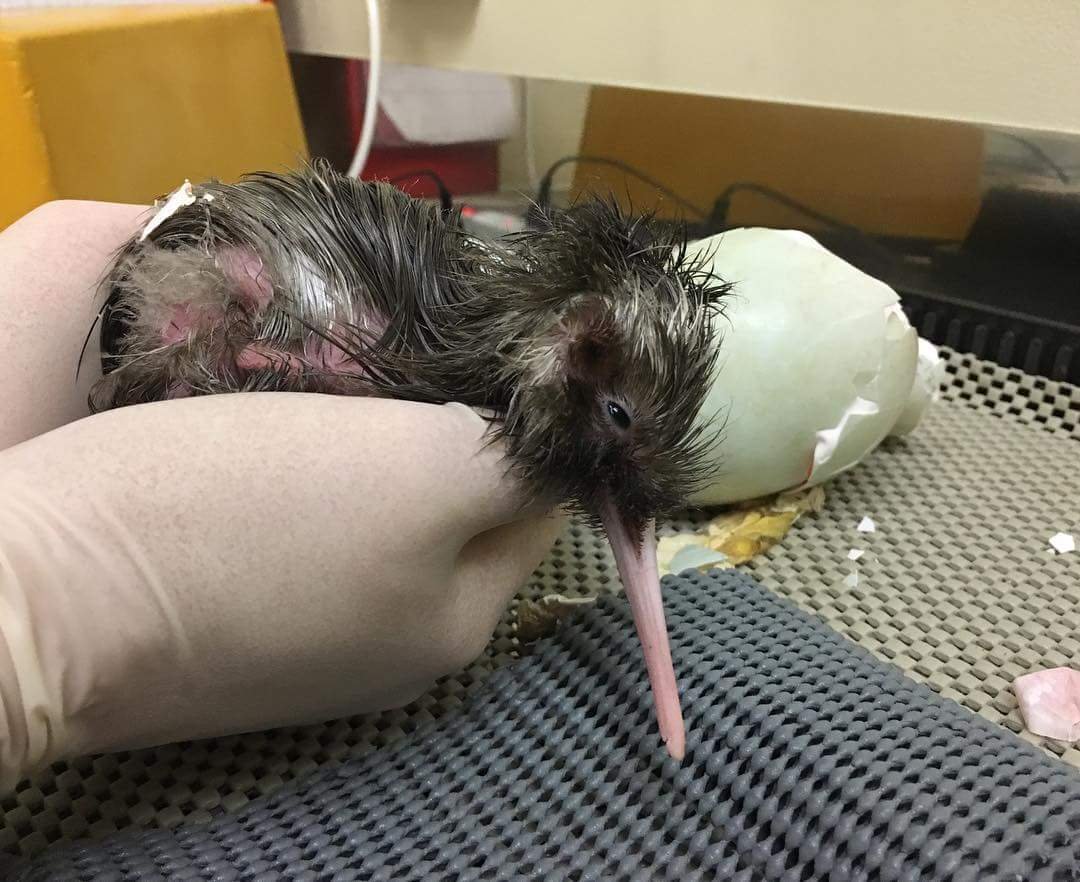
Kiwis exhibit fascinating reproductive behaviors that contribute to their ecological role. Unlike many bird species, the male kiwi takes on the primary responsibility of incubating the eggs. This behavior allows the female to invest energy in producing large, nutrient-rich eggs, increasing the chances of survival for their offspring. The kiwi’s commitment to parenting ensures that their young have a better start in life, ultimately contributing to the stability of their populations. This unique strategy highlights the complexity and adaptability of kiwis within their environment.
Conservation Efforts and Challenges
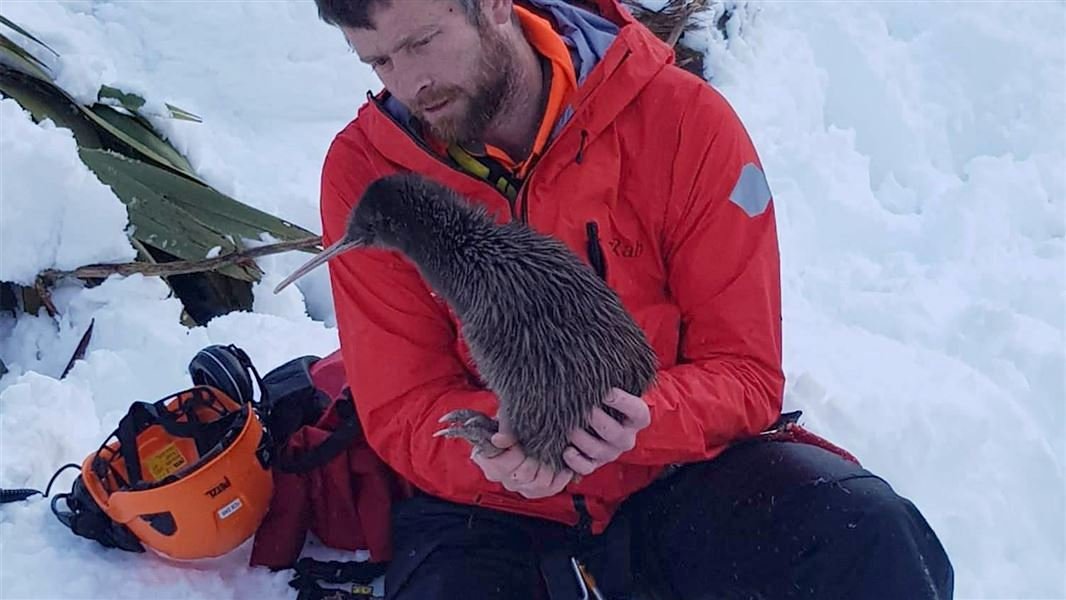
Despite their importance, kiwis face numerous threats that endanger their survival. Habitat loss, predation by introduced species such as stoats and cats, and human encroachment are significant challenges. Conservation efforts are underway to protect these precious birds, with initiatives focusing on habitat restoration, predator control, and public education. Organizations and local communities are working tirelessly to ensure that kiwis continue to play their role in the ecosystem. These efforts are a testament to the recognition of kiwis’ ecological significance and the urgency to preserve them for future generations.
Role in Cultural Heritage
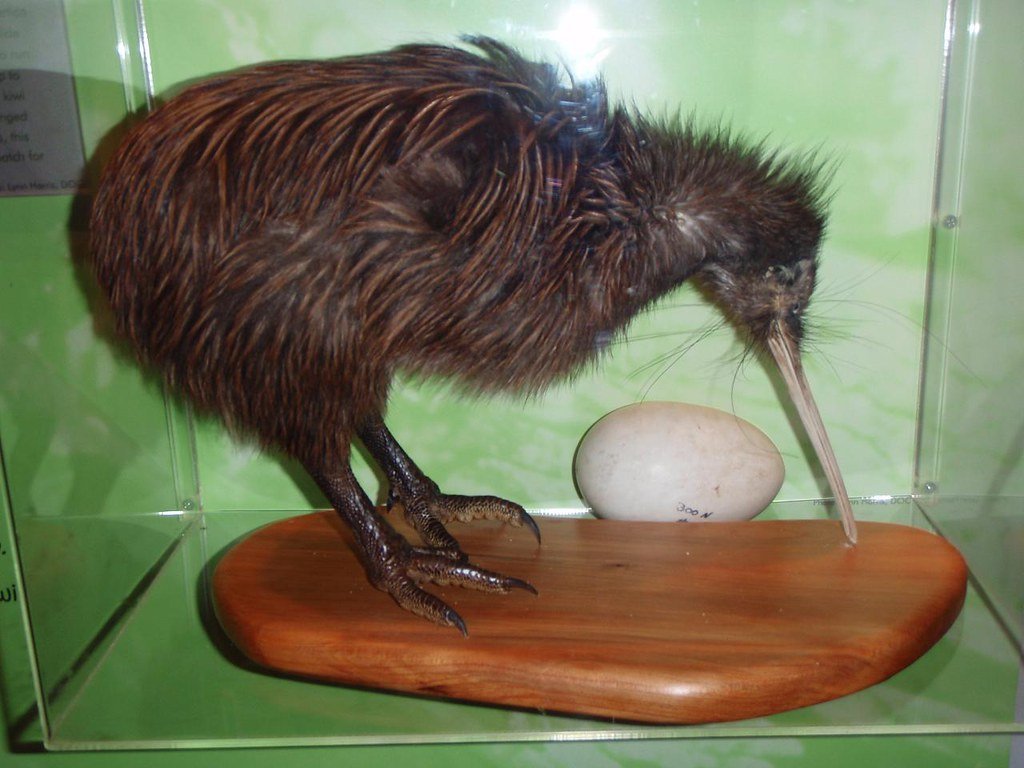
Kiwis hold a special place in the cultural heritage of New Zealand, symbolizing resilience and uniqueness. For the Māori people, kiwis are considered taonga, or treasures, representing the deep connection between the land and its inhabitants. This cultural significance enhances the importance of conserving kiwis, as preserving them means safeguarding a part of the nation’s identity. The stories and traditions surrounding kiwis highlight their role not just in the ecosystem but in the cultural fabric of New Zealand.
Promoting Biodiversity
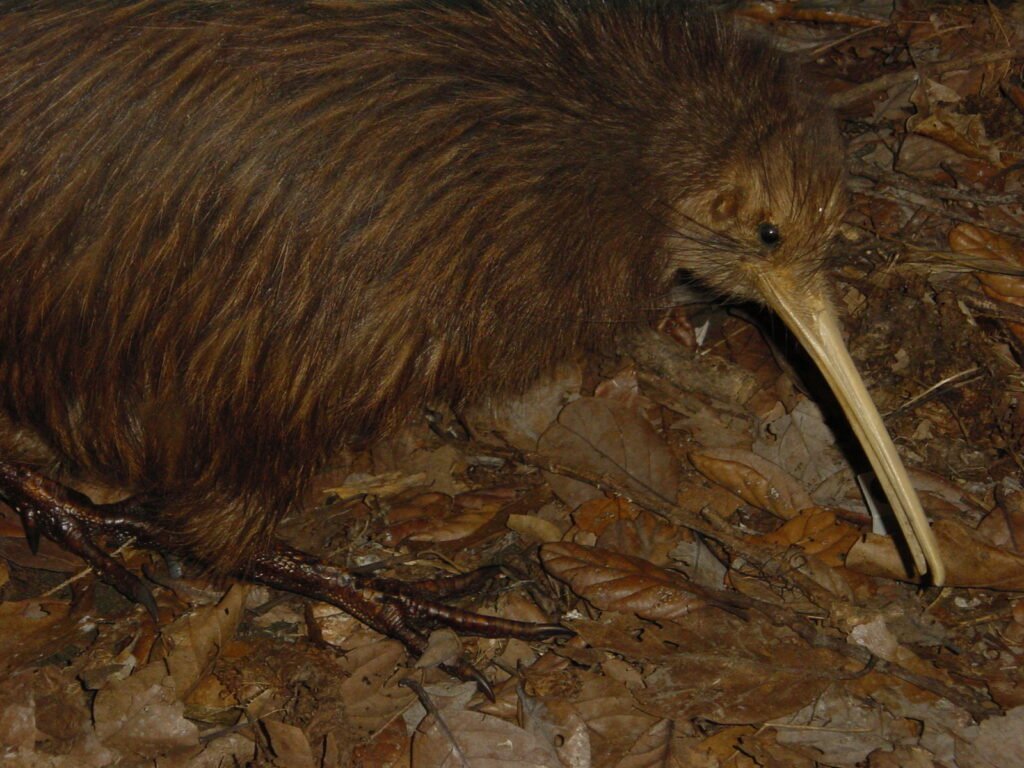
The presence of kiwis in an ecosystem promotes biodiversity, as their activities create microhabitats that support other species. The holes they dig and the seeds they disperse provide shelter and food sources for a variety of organisms. By fostering a diverse range of life forms, kiwis contribute to the resilience and adaptability of ecosystems. This biodiversity ensures that ecosystems can withstand environmental changes and continue to provide essential services to all living beings.
Impact of Climate Change
Climate change poses new challenges for kiwi populations, affecting their habitats and food sources. As temperatures rise and weather patterns shift, the delicate balance of ecosystems is disrupted. Kiwis may face increased competition for resources and changes in the availability of prey. Understanding the impact of climate change on kiwis is crucial for developing adaptive conservation strategies. By addressing these challenges, we can help ensure that kiwis continue to thrive and fulfill their role in ecosystem health.
Engaging the Public
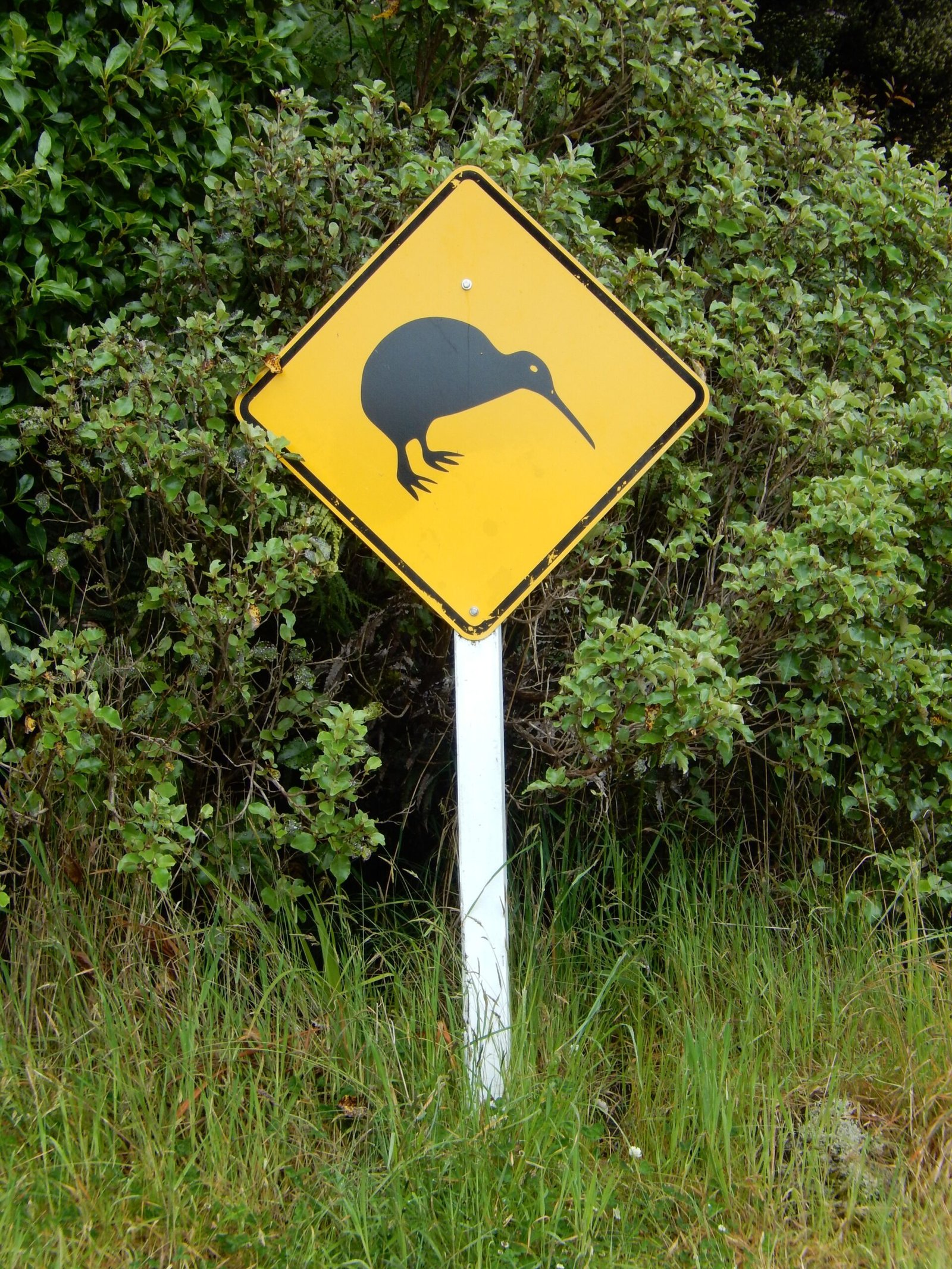
Public awareness and involvement are key to the success of kiwi conservation efforts. Educational programs and community initiatives encourage people to appreciate the importance of kiwis and take action to protect them. By fostering a sense of stewardship and responsibility, individuals can contribute to the preservation of these unique birds. Engaging the public not only benefits kiwis but also strengthens the connection between people and nature, inspiring a collective effort to safeguard our planet’s biodiversity.
Conclusion
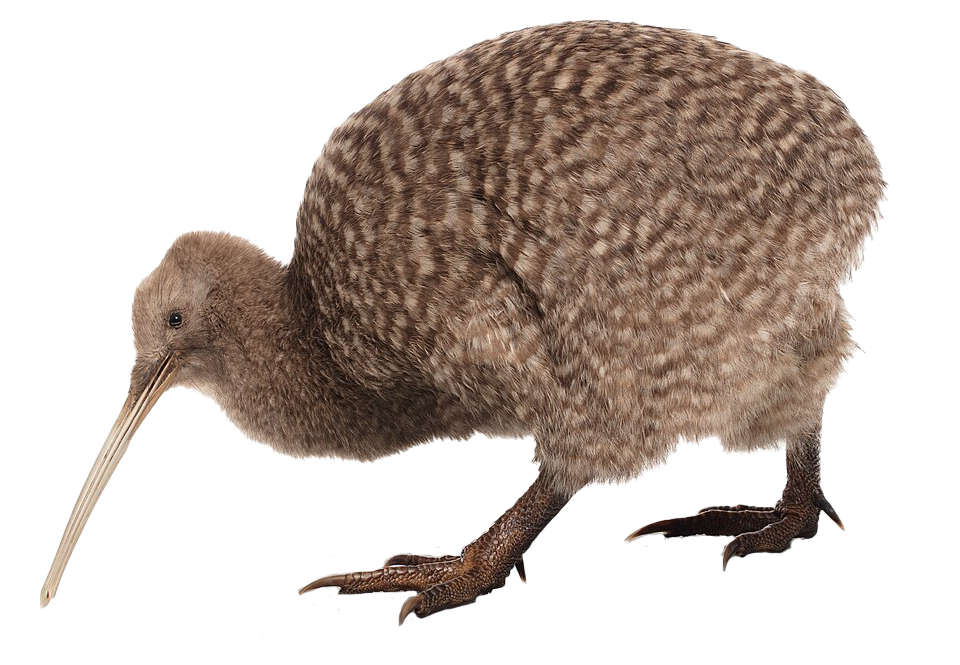
Kiwis are more than just charming creatures; they are vital contributors to ecosystem health. Their roles as soil aerators, insect controllers, and biodiversity promoters underscore their ecological importance. By understanding and appreciating the contributions of kiwis, we can better appreciate the intricate web of life that sustains our planet. Protecting kiwis ensures the stability and resilience of ecosystems, benefiting not only the birds themselves but all living beings that share their habitat.



